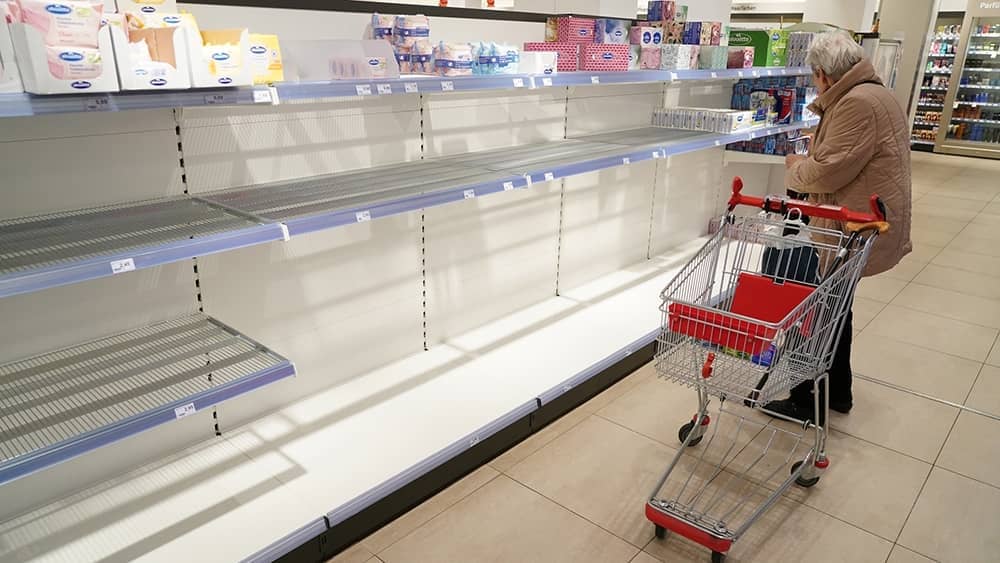It’s post-Christmas, and there are already murmurs about supermarkets with empty shelves. Just as with the petrol shortage in September and shortages of loo paper at the beginning of the first lockdown, these things can rapidly develop into major crises, purely as a result of panic-buying. Tesco, whose store on the Isle of Wight is reportedly especially empty post-Christmas, denies it has any problem with its supply chain — which had been threatened with disruption thanks to an industrial dispute involving the company’s lorry drivers in early December. People may, on the other hand, have stocked up more than usual in response to fears of a post-Christmas lockdown — a fear which appears for the moment to have gone away. But if this does develop into wider shortages, several things are guaranteed from the beginning.
Remainers will blame it all on Brexit
Remainers will blame it all on Brexit. Never mind that we are in the midst of a pandemic which has led to a heightened number of staff absences and disrupted global supply chains, to the extent that there are still 100 container ships moored off the Pacific coast of the United States.
People will say they are not panic-buying — yet will go and do just that. How many people can honestly say that they did not react in September by sneaking out to fill up their petrol tank to the brim when they wouldn’t normally have done so, just to be on the safe side? It takes frighteningly little to provoke a supply chain crisis. The petrol crisis was not precipitated by any fall in supply — merely by a modest increase in demand. Average petrol sales per petrol station rose from 115,839 in the third week of September to 138,865 in the fourth week. It might not sound much but it was enough to cause a crisis which took several weeks to solve.
People will fixate on panic-buying a few lines of goods, while failing to worry about others. At the beginning of the lockdown it was loo roll, pasta and tinned tomatoes. Other goods remained in ample supply. This time it could be anything. When people start to act like sheep they really do act like sheep — they will squeeze between fences to gain access to some appetising-looking thistles while leaving juicy grass in their own field untouched. When we see a half-empty shelf our instinct is to empty it further, even if there are several whole pallets of the same goods out in the storeroom, waiting to be loaded.
It will take no more than a couple of days for NHS workers to be portrayed as the victims of everyone else’s greed. And whatever it was that goes short will be flooding the stores in a couple of weeks’ time — but we won’t want to buy it then. How does this end? Perhaps with the fuel for our biomass power ending up as soda bread.







Comments